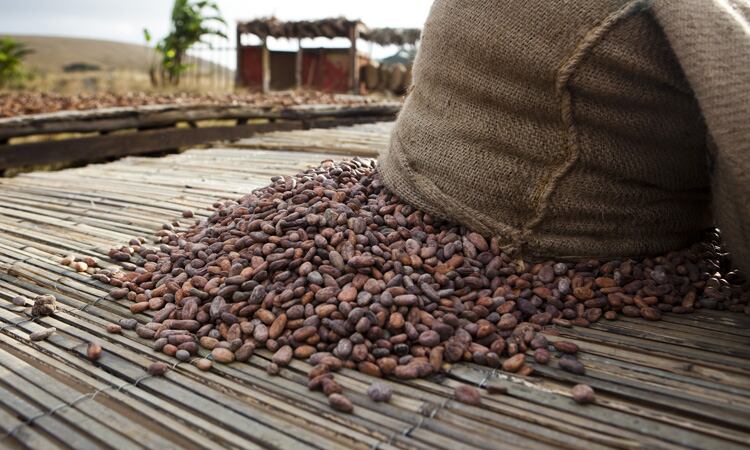“The search for authenticity. Today, consumers look for authentic experiences in their everyday life, including in their food. They are drawn to products that convey legitimate stories because they perceive them as a trait of exclusivity. They want to know the story behind the products they buy,” Barry Callebaut, Single Origin Chocolate and Cocoa report.
Consumers want to know who participated in the making of their favourite products. Where did it come from? Who was the farmer? They want to be reassured on the positive impact they have on people and the planet.
With the bean-to-bar trend booming and consumers wanting to know more about where their chocolate is coming from, single-origin chocolate, which, by definition, is made from cocoa beans grown in a specific country, region or even a specific farm, is well placed to meet this demand.
Climate impacts
New research from Cargill also finds a more informed consumer base is placing greater emphasis on sustainability in their cocoa and chocolate product purchases, driven by a desire to protect both the planet and human rights.
Among its findings, the consumer study sheds light on some of the European shoppers’ biggest concerns related to cocoa production. As in previous surveys, child labour topped the list, followed closely by farmer income and deforestation.
However, direct climate impacts emerged as rising considerations in this year’s study. Two climate-related factors, “mitigation of climate changes” and “reducing carbon footprints linked to cocoa production” rounded out consumers’ top five concerns, supplanting issues such as food security and traceability.
In another first, the Cargill survey claimed to have found an across-the-board decline in perceived obstacles to purchasing cocoa and chocolate products labelled as ‘sustainable’. Still, barriers remain, especially around product variety and price, suggesting opportunities for brands to diversify their sustainable offerings.
“This research showcases how sustainability investments made in the first mile can create opportunities in the last mile,” said Hélène Dubus, Sustainability Marketing Manager for Cargill Cocoa & Chocolate EMEA. “It’s an idea we’ve championed through our work connecting cocoa and chocolate customers with cocoa farmers, cooperatives and communities, and collaborating on initiatives that drive meaningful change. Together, we can future-proof the cocoa sector in ways that benefit all stakeholders, addressing challenges at origin, supporting customer’s sustainability commitments, and providing consumers with the sustainably sourced cocoa and chocolate products they desire.”
The Cargill survey also tracked sustainability’s increasing influence with European consumers. Seven in 10 (69%) factor sustainability into their cocoa and chocolate product purchase decisions, up three percentage points from similar research conducted in 2021. Further, most participants reported sustainability had become more important over the last year, with 70% citing “an increasing responsibility to protect the planet and human rights” as the top reason.
Sources:
https://www.barry-callebaut.com/en/manufacturers/single-origin-chocolate-and-cocoa
https://www.cargill.com/doc/1432166669842/sustainability-consumer-insights-infographic.pdf


